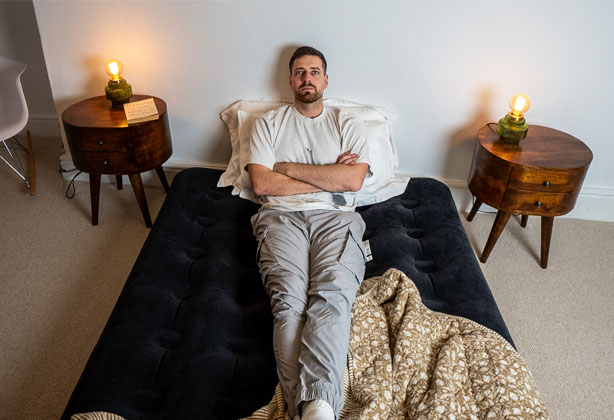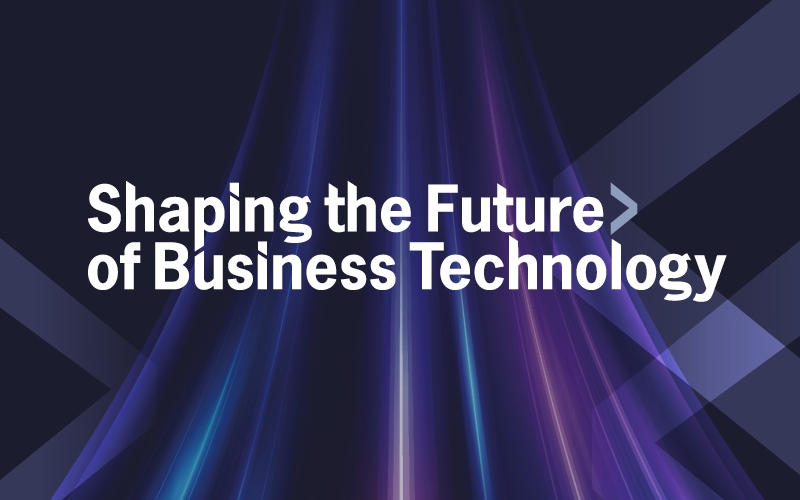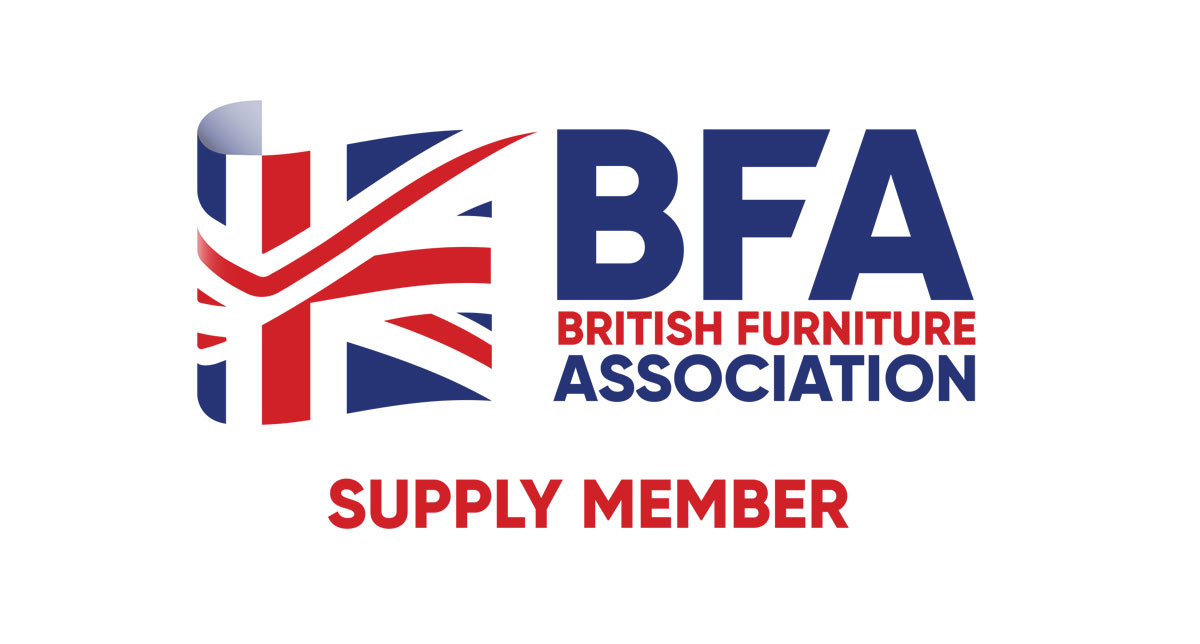By Duncan Fergusson, Founder and Managing Director of Sci-Net
Have you ever had to ‘make do’ whilst you wait for something to be delivered? In the world of furniture delivery, waiting can take weeks if not months, meaning ‘making do’ can take some unusual forms
We’ve all heard the stories (or perhaps experienced them ourselves): a homeowner excitedly orders a new sofa, only to spend the next 12 weeks sitting on makeshift furniture fashioned from garden furniture, stacked pallets or whatever they have to hand. Perhaps it’s a dining table, where a battered old camping table has to take pride of place as you wait for the new one to arrive. Or making do with an inflatable mattress (bad back and all!) as you wait for a bed delivery. In an age where instant gratification is the norm, such wait times can be incredibly frustrating for customers and damaging to a retailer’s reputation
Enterprise Resource Planning (ERP) can help retailers tackle these challenges head-on. By integrating all operational areas – from inventory and order management to sales, finance and customer service – an ERP system provides a centralised view of business processes and data. This not only aids in better demand forecasting but also enhances visibility across the supply chain, allowing for more accurate delivery estimates and, ideally, shorter lead times. For customers, this translates into fewer delays, more reliable delivery dates and an improved purchasing experience.
I’ve seen first-hand the transformational impact ERP can have on furniture retailers. ERP is more than just a piece of software; it’s a strategic asset that enhances efficiency, strengthens customer relationships and ultimately drives growth. With ERP systems, retailers can streamline complex operations, from managing supply chains to improving customer service – and for the furniture industry, where customer expectations are high and fulfilment timelines can be long, ERP has never been more relevant.
One of the primary advantages of ERP for furniture retailers is its ability to optimise inventory management. With ERP, you can see exactly what stock you have, where it’s located and when it’s expected to arrive. This reduces the risk of over-promising delivery dates or disappointing customers with unexpected delays. Furthermore, ERP systems with predictive analytics can help you anticipate demand for specific products, ensuring popular items are in stock and ready to ship. For furniture retailers, this is especially crucial, as it allows you to reduce backorders, avoid items being out of stock and provide customers with realistic timelines.
ERP also plays a vital role in improving communication – not just within your organisation, but with suppliers and customers as well. In today’s retail landscape, transparency is key. Modern ERP systems allow retailers to provide real-time updates to customers on the status of their orders, fostering trust and setting realistic expectations. This level of transparency helps keep customers informed, reduces frustration and ultimately builds brand loyalty – even if there’s a waiting period involved.
At Sci-Net, we’re committed to empowering furniture retailers with the tools they need to remain competitive in a fast-changing marketplace. A robust ERP, such as our dedicated ERP>Retail system that’s tailored to the unique challenges of the furniture sector, can be transformative for retailers striving to provide the best possible customer experience. From smoother supply chains to enhanced customer satisfaction, ERP offers an invaluable edge in today’s demanding retail environment. And with more than 30 years experience in the sector, we’ve worked with major retailers to deliver cutting edge ERP solutions for the likes of Designer Sofas, Tapi Carpets, Furniture Village, Housing Units and more.
For those interested in learning more about ERP’s potential in the furniture sector, and in particular the specific benefits of our bespoke ERP>Retail system, we’ll be showcasing our solutions at the January Furniture Show. Visit us at Stand 5-A36 for a hands-on look at how Sci-Net can support your business in navigating operational complexities and exceeding customer expectations.
In an industry where customer patience is often tested, implementing ERP can mean the difference between a loyal customer and a lost sale. By investing in ERP, furniture retailers can move closer to delivering on their promises, ensuring your customers don’t have to ‘make do’ for long.













